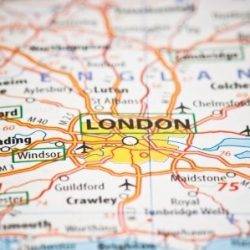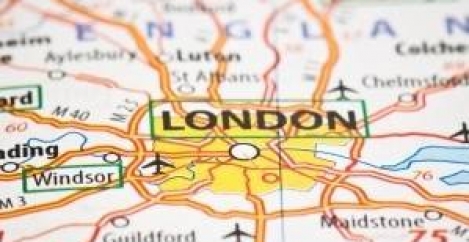April 11, 2017
Demand for flexible office space is set to grow in London’s outer boroughs 0
 London’s office workers are looking for shorter commutes, demanding more collaborative and networking opportunities while at work and better access to green space, retail, leisure and wellness; all of which could present a huge opportunity for the less congested outer London boroughs, a new report suggests. According to Savills latest London Mixed Use Development Spotlight, as employers and employees alike demand more from their workplace and their work- life balance, London’s outer boroughs could reap the benefits by providing greater flexible office space and affordable homes at a variety of price points. According to Oxford Economics, employment in sectors that tend to occupy co-working spaces is set to rise by 20,000 people in the outer London boroughs over the next five years, which equates to a gross additional need of 1.6 million sq ft (148,644 sq m) of office space.
London’s office workers are looking for shorter commutes, demanding more collaborative and networking opportunities while at work and better access to green space, retail, leisure and wellness; all of which could present a huge opportunity for the less congested outer London boroughs, a new report suggests. According to Savills latest London Mixed Use Development Spotlight, as employers and employees alike demand more from their workplace and their work- life balance, London’s outer boroughs could reap the benefits by providing greater flexible office space and affordable homes at a variety of price points. According to Oxford Economics, employment in sectors that tend to occupy co-working spaces is set to rise by 20,000 people in the outer London boroughs over the next five years, which equates to a gross additional need of 1.6 million sq ft (148,644 sq m) of office space.
However, Savills notes that only 707,000 sq ft (65,682 sq m) of new offices are planned in this area during the next four years and the majority of these are tailored towards pre-lets with large corporate occupiers, pointing to a potential dramatic shortage of office supply. In addition, with substantial business growth forecast among SMEs whose working culture best suits co-working spaces, there is a specific need for more types of this space in the outer boroughs.
Piers Nickalls, director in the business space team at Savills, comments: “In order to accommodate London’s future growth, landlords, developers and planners need to ensure that a full range of workspace at different price points is available across the city.
“The outer boroughs can offer occupiers far shorter commute lengths than what many take as the norm when travelling to work in central London, however, this should not be their only USP. The most successful emerging London sub-markets will be able to harness innovation and deliver a full range of flexible spaces and tenures, including co-working, to create thriving business eco-systems outside of Zone One.
“Furthermore, whilst London has proven resilient in the aftermath of the EU referendum, there is likely to be a sustained period of uncertainty during the forthcoming negotiations. Business decisions, however, will still need to be made and the outer boroughs should cater for office occupiers who will be looking for more cost-effective and flexible real estate options that allow them to adapt swiftly to events.”
















